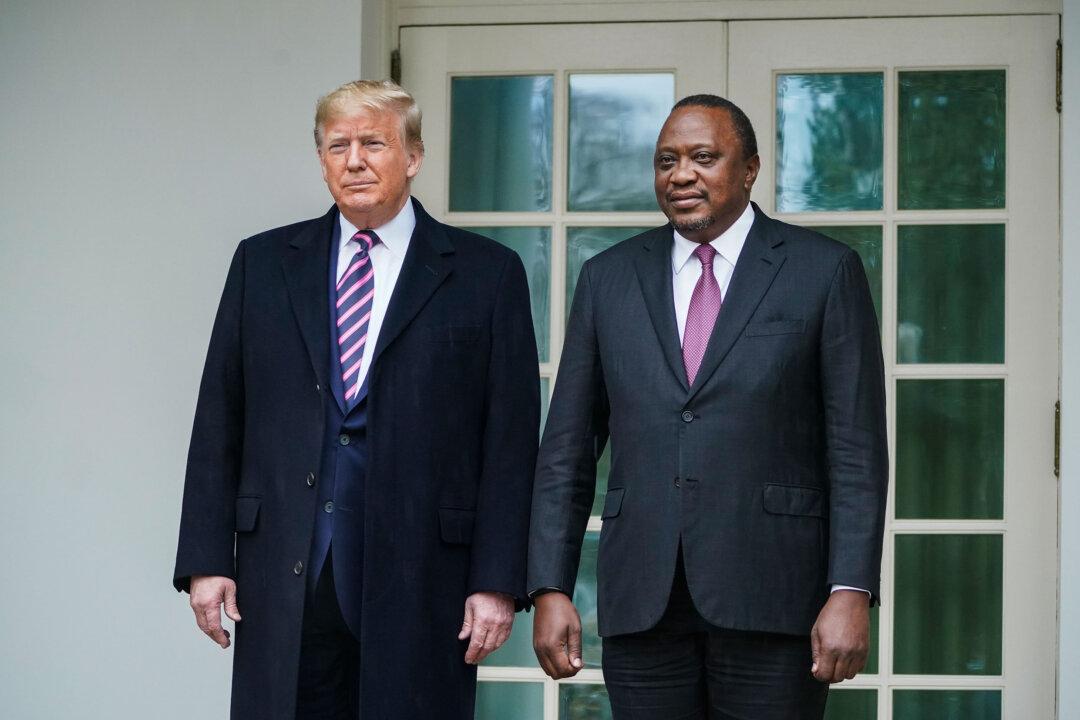JOHANNESBURG—Africa is set to feature “quite prominently” on the agenda of the second Trump administration, according to Ronak Gopaldas, an analyst for the Signal Risk firm in Cape Town, South Africa.
“There was a sense that Trump ignored Africa during his first term, but the world has changed a lot since then,” Gopaldas told The Epoch Times.





